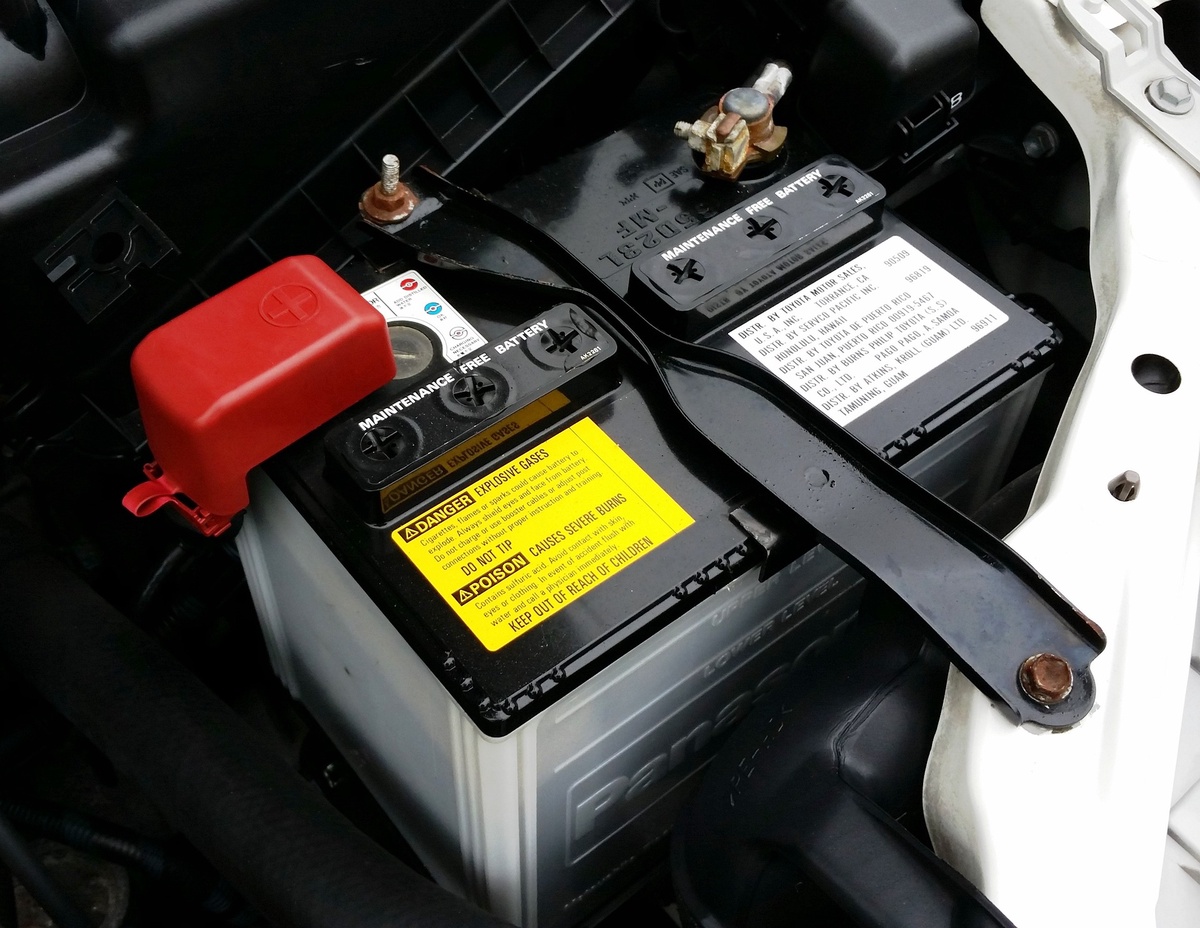Have you ever wondered why your car's heartbeat, the battery, seems to have mood swings, with its voltage going up and down? It's not just about turning the key and hoping for the best; understanding the nuances of car battery voltage can be the difference between a smooth ride and a roadside breakdown. This article dives into the world of car battery voltage fluctuations, answering some of the most frequently asked questions and shedding light on this often overlooked aspect of vehicle maintenance.
Table of Contents
| Sr# | Headings |
|---|---|
| 1 | Introduction |
| 2 | What Is Car Battery Voltage? |
| 3 | Why Does Car Battery Voltage Matter? |
| 4 | What Causes Voltage Fluctuations? |
| 5 | How to Check Your Car Battery Voltage |
| 6 | Normal Voltage Range for Car Batteries |
| 7 | Signs of Voltage Fluctuations |
| 8 | Impact of Temperature on Voltage |
| 9 | Charging and Its Effects on Voltage |
| 10 | Dealing with Voltage Drops |
| 11 | Preventing Unnecessary Voltage Fluctuations |
| 12 | When to Seek Professional Help |
| 13 | Choosing the Right Battery for Your Car |
| 14 | Tips for Extending Battery Life |
| 15 | Conclusion |
What Is Car Battery Voltage?
Imagine your car battery as a reservoir of electrical energy, with voltage being the pressure that sends this energy coursing through your car's veins. It's essential for starting the engine and powering all electrical components.
Why Does Car Battery Voltage Matter?
Monitoring your car battery voltage is like keeping an eye on the fuel gauge; it helps you understand the health of your battery and anticipate potential issues before they leave you stranded.
What Causes Voltage Fluctuations?
Several factors, from alternator issues to temperature changes, can cause your car's battery voltage to fluctuate, much like how varying water pressure affects your shower experience.
How to Check Your Car Battery Voltage
Checking your car's battery voltage can be as simple as using a multimeter, a handy tool that gives you a quick snapshot of your battery's health and readiness to perform.
Normal Voltage Range for Car Batteries
A healthy car battery should typically show a voltage between 12.6 to 14.7 volts, depending on whether the car is running or not. It's the sweet spot for ensuring your car starts and runs smoothly.
Signs of Voltage Fluctuations
Dimming lights, slow engine crank, or electronic components acting up can all be telltale signs of voltage fluctuations, signaling it's time to check your battery.
Impact of Temperature on Voltage
Just as weather affects your energy levels, temperature plays a significant role in your car battery's voltage, with extreme cold or heat leading to potential voltage drops or spikes.
Charging and Its Effects on Voltage
Regular driving charges your battery, but overcharging or undercharging can lead to voltage fluctuations, underscoring the importance of a well-functioning charging system.
Dealing with Voltage Drops
Voltage drops, especially in colder months, are common. Understanding how to address them, from checking connections to ensuring your alternator is in good shape, can keep your battery healthy.
Preventing Unnecessary Voltage Fluctuations
Regular maintenance, including keeping terminals clean and ensuring your charging system works correctly, can prevent unnecessary voltage fluctuations, much like regular doctor visits help maintain your health.
When to Seek Professional Help
If your DIY checks and fixes don't stabilize your battery voltage, it's time to consult a professional. It's akin to seeking a specialist when home remedies don't cure a persistent ailment.
Choosing the Right Battery for Your Car
Not all batteries are created equal. Choosing the right battery for your car, considering factors like size, capacity, and climate, ensures optimal performance and voltage stability.
Tips for Extending Battery Life
From avoiding short trips that prevent full charging to keeping your battery clean and secure, simple steps can significantly extend your car battery's life and performance.
Conclusion
Understanding the nuances of car battery voltage is crucial for every car owner. By keeping an eye on voltage fluctuations and knowing how to address them, you can ensure your vehicle remains reliable and ready to hit the road whenever you are. Remember, a little knowledge and regular maintenance can go a long way in keeping your car's heart beating strong


No comments yet